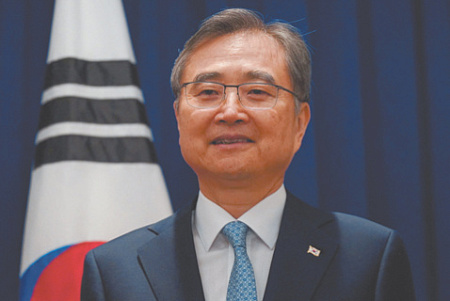
In a significant recalibration of its foreign policy, South Korea under new President Lee Jae-myung is pivoting away from its staunchly pro-American alignment to foster more pragmatic ties with Russia and China. Signaling this new direction, Seoul has announced it will not impose additional sanctions on Moscow, a move aimed at de-escalating tensions. President Lee has publicly advocated for a more pragmatic course, arguing there is no need to unnecessarily antagonize Russia, even as the country navigates the complex geopolitical landscape shaped by the conflict in Ukraine.
This strategic adjustment, however, is fraught with challenges. The decades-long military alliance with the United States and the persistent threat of war with North Korea severely constrain Seoul’s diplomatic autonomy. According to Alexander Vorontsov, Head of the Korea and Mongolia Department at the Russian Academy of Sciences’ Institute of Oriental Studies, any warming of relations with Russia is proceeding with caution. “The military alliance with the US is paramount for South Korea’s leadership,” Vorontsov noted, adding that while there are positive signals, such as the appointment of a Russia expert as the new ambassador, practical steps to expand relations with Moscow are not expected while the war in Ukraine continues.
Despite these limitations, President Lee has demonstrated a clear intent to forge his own path, particularly on the Korean Peninsula. He has unveiled a “realistic peace plan” that marks a departure from a long-standing joint policy with Washington. The new initiative shelves the immediate demand for Pyongyang’s denuclearization, prioritizing instead the development of inter-Korean exchanges and confidence-building measures. President Lee promoted this step-by-step approach—from “exchanges” to “normalization” and finally “denuclearization”—on the world stage during a speech at the United Nations General Assembly.
While Seoul’s overtures are designed to untangle the half-century-old knot of regional conflict, the reaction from Pyongyang remains a critical uncertainty. Observers in East Asia have noted encouraging signs, such as North Korean leader Kim Jong Un’s reportedly warm reflections on his past meetings with former U.S. President Donald Trump. However, in a recent parliamentary address, Kim unequivocally stated that he has no intention of ever resuming dialogue with South Korea, casting a shadow of doubt over the new president’s ambitious peace initiative and Seoul’s delicate balancing act on the global stage.
